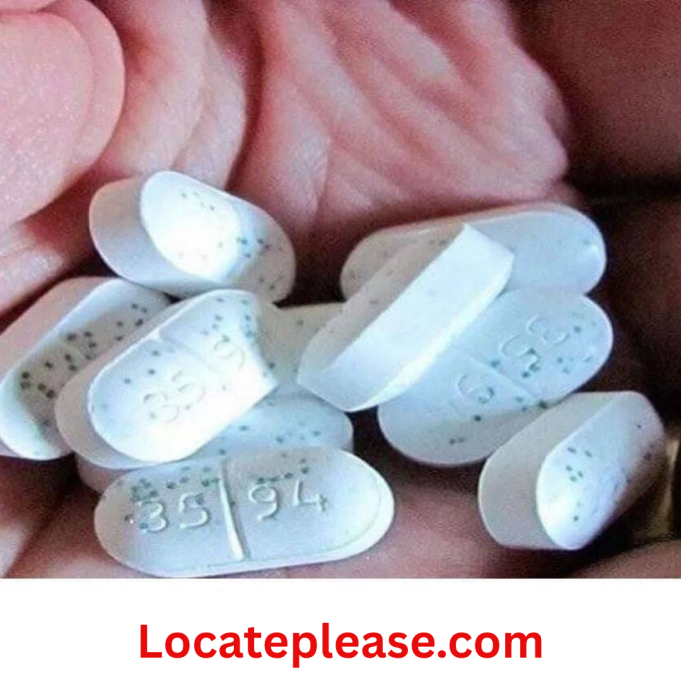A growing number of medications have recently been withdrawn from pharmacies and suspended from use in healthcare systems across multiple countries due to serious cardiovascular concerns. Health authorities worldwide have identified a potential link between certain drugs and life-threatening conditions, including blood clots, embolisms, strokes, and heart attacks. Patients and healthcare providers are being urged to remain vigilant and stay informed.
Understanding Thrombi (Blood Clots)
Thrombi are abnormal blood clots that form inside veins or arteries. While blood clotting is a vital process for healing wounds, when clots develop without injury, they can block blood flow to critical organs—leading to:
- Pulmonary embolism – a clot in the lungs
- Stroke – a clot in the brain
- ❤️ Heart attack – a clot in the coronary arteries
- Deep vein thrombosis (DVT) – clots typically in the legs
Even a single untreated clot can be fatal. Because of this, any medication associated with an increased risk of clotting is taken extremely seriously by global health regulators.
Medications Under Review or Withdrawal
While specific drug names and formulations vary by region, the most commonly flagged categories include:
- Hormonal contraceptives, particularly certain third-generation types
- Some nonsteroidal anti-inflammatory drugs (NSAIDs)
- Certain diet pills and appetite suppressants
- Rare cases involving some COVID-19 treatments and vaccines
Regulatory bodies such as the U.S. Food and Drug Administration (FDA), the European Medicines Agency (EMA), and national health ministries have responded by issuing usage restrictions, recalls, or full suspensions of approvals.
The risk appears to be highest among individuals with pre-existing conditions such as:
- Hypertension
- Obesity
- Diabetes
- Smoking history
- Genetic clotting disorders
Warning Signs: When to Seek Medical Help
If you’ve recently taken any of these medications and experience any of the following symptoms, seek emergency medical attention immediately:
- Sudden chest pain or tightness
- Difficulty breathing or shortness of breath
- Unexplained swelling in one limb (especially the leg)
- Severe headache, blurred vision, or confusion
- Irregular or rapid heartbeat
Prompt evaluation and treatment can mean the difference between recovery and tragedy. Do not wait or dismiss symptoms as minor.
What You Should Do
- Do not stop taking prescribed medications abruptly—always consult your doctor first, as sudden discontinuation can also pose risks.
- Schedule a review with your healthcare provider if you’re using any of the medications mentioned.
- Stay informed through trusted sources such as your national health department, the FDA, EMA, or WHO.
- Report any side effects to your country’s official adverse drug reaction monitoring system.
Your Awareness Is a Lifesaving Tool
In today’s rapidly evolving medical landscape, early detection and timely reporting are crucial. One alert, one symptom report, or one informed decision can prevent widespread harm—not just to yourself, but to others in your community.
Staying aware isn’t just about personal safety.
It’s about collective protection.
And sometimes, the most powerful medicine is knowledge.






